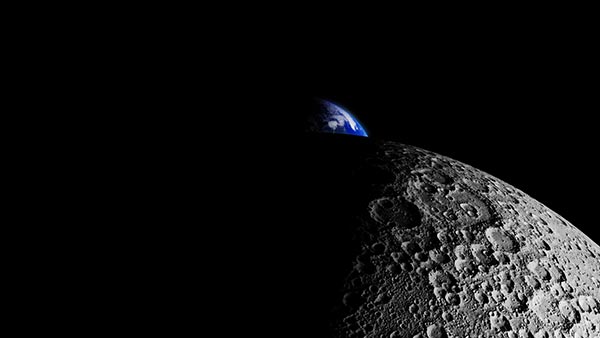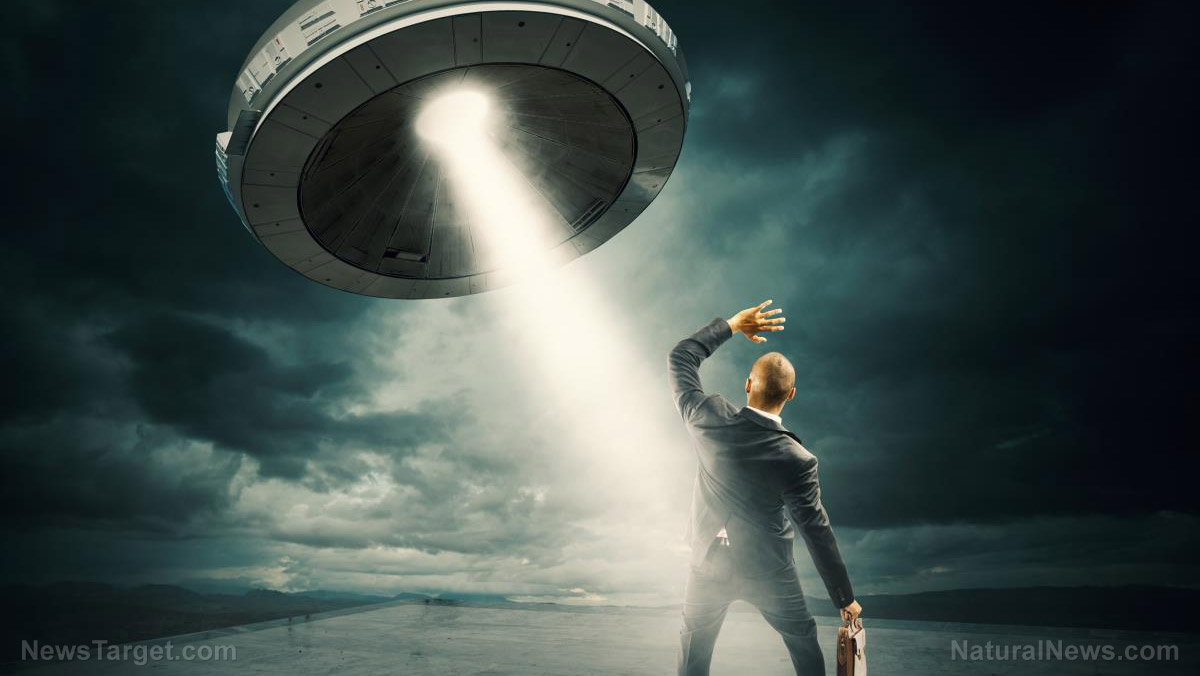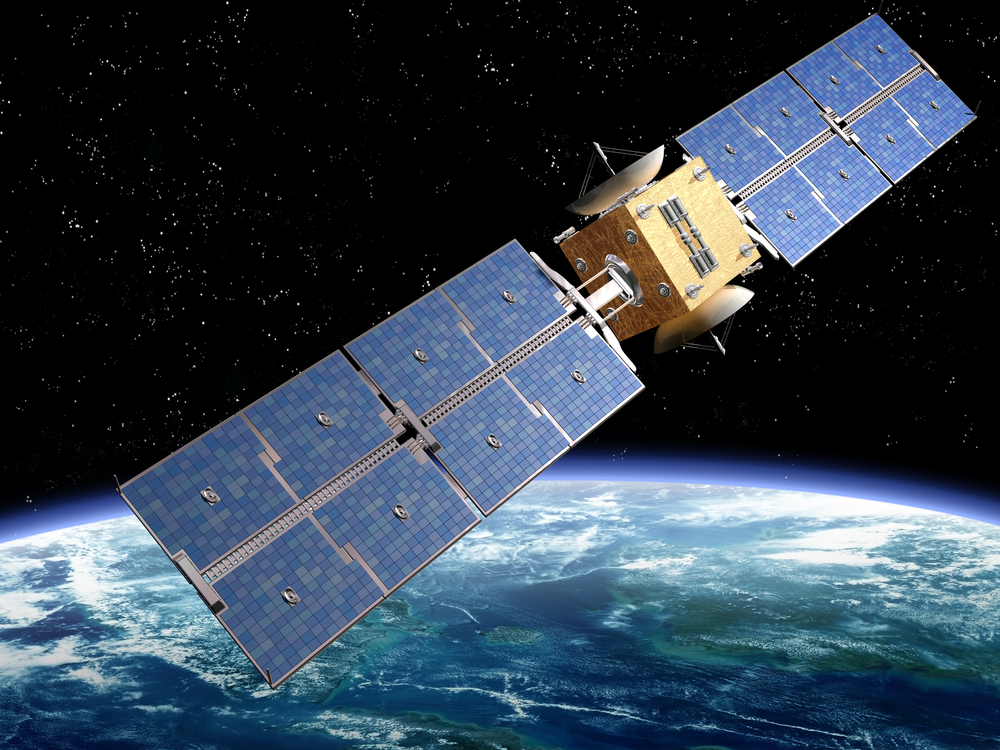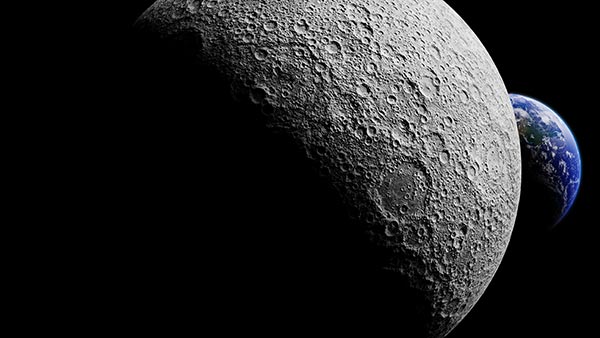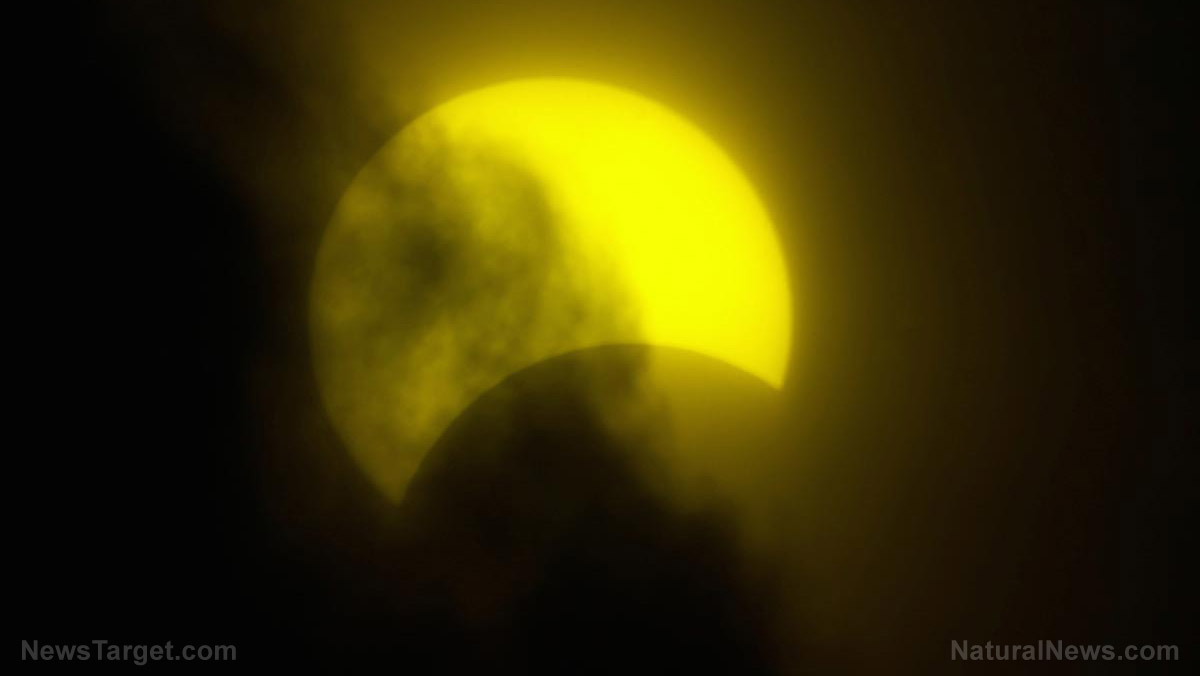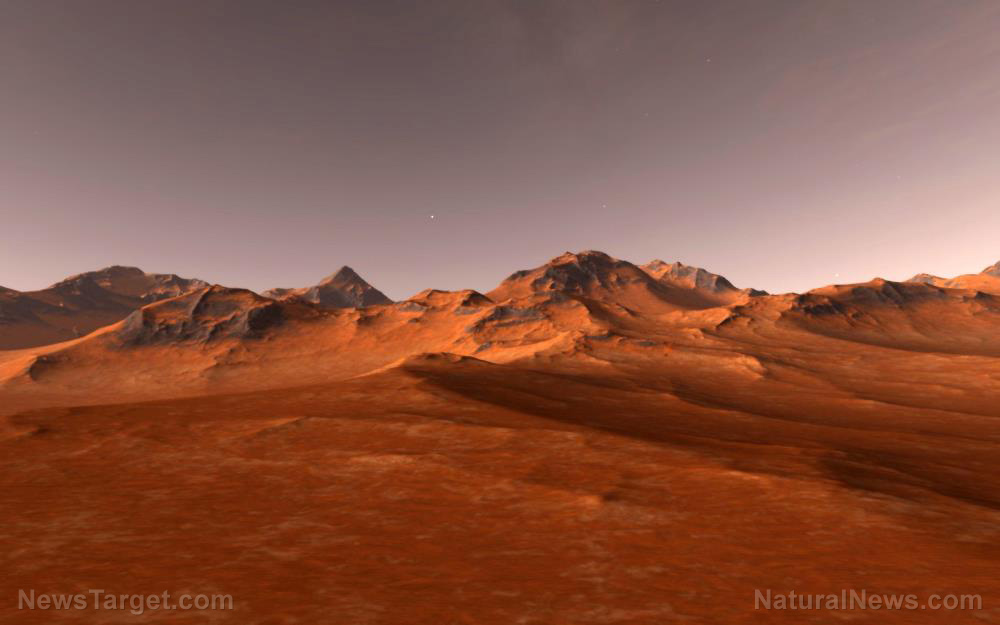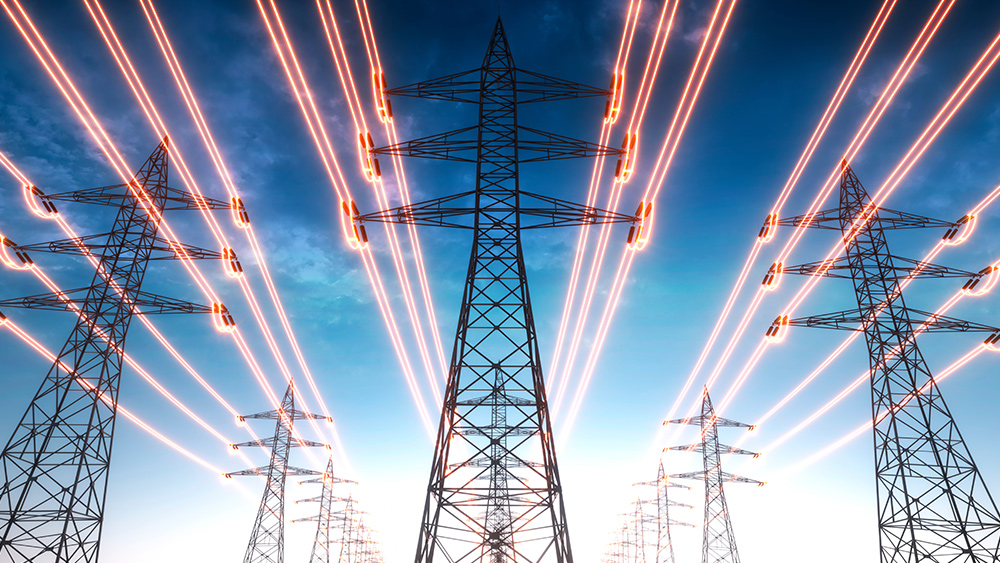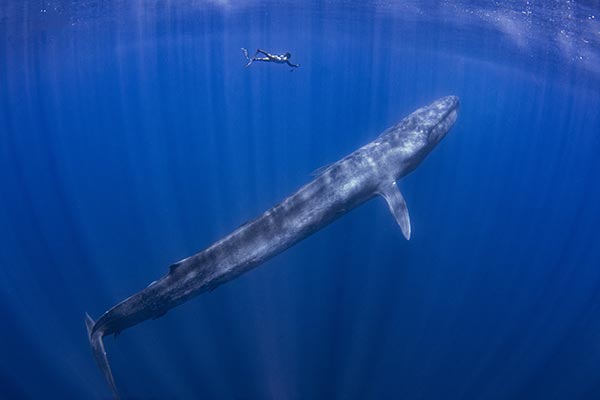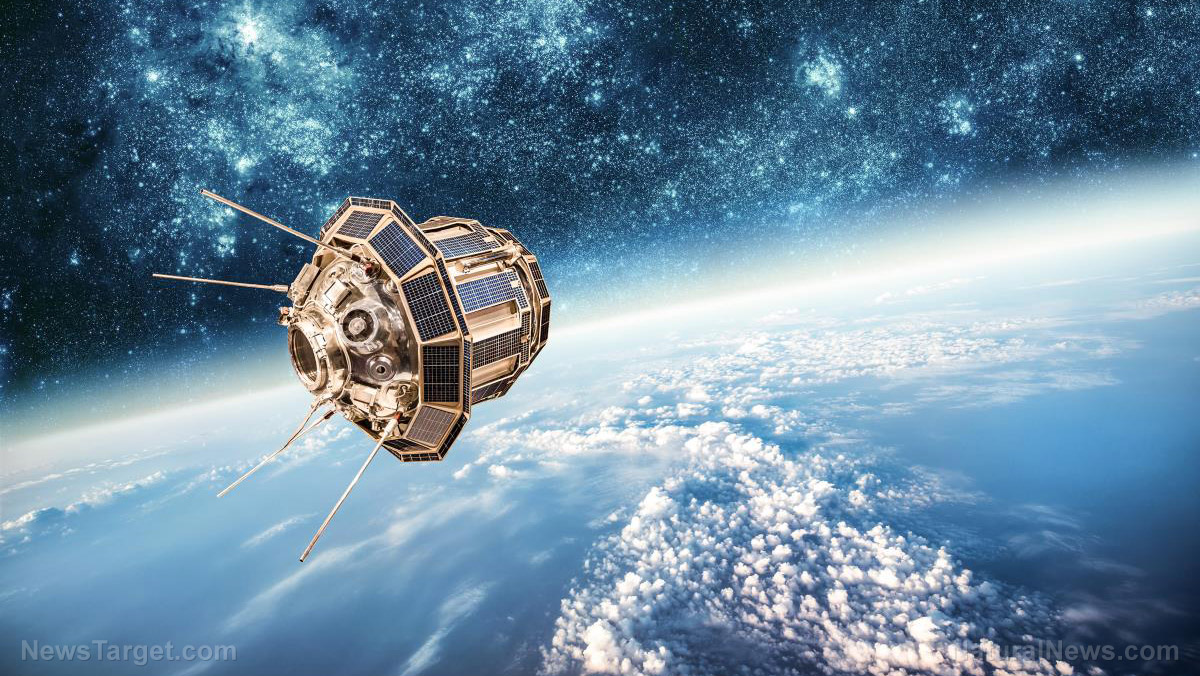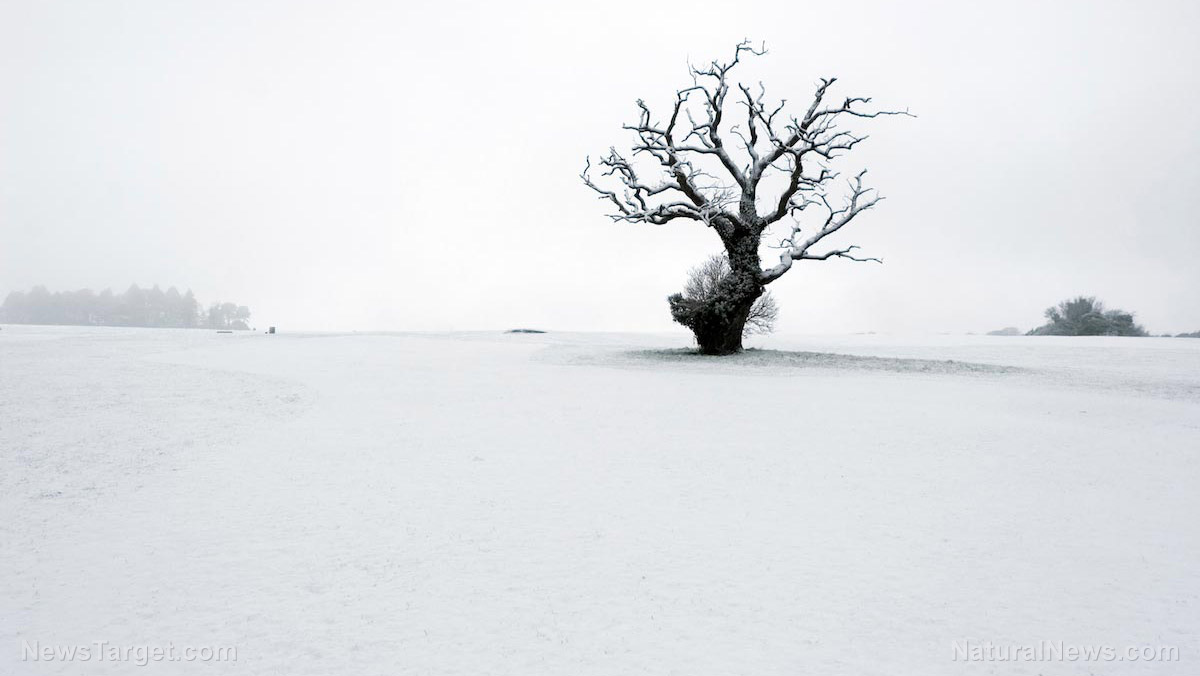2 Astronauts onboard Boeing’s Starliner spacecraft are stranded in space
07/10/2024 / By Zoey Sky
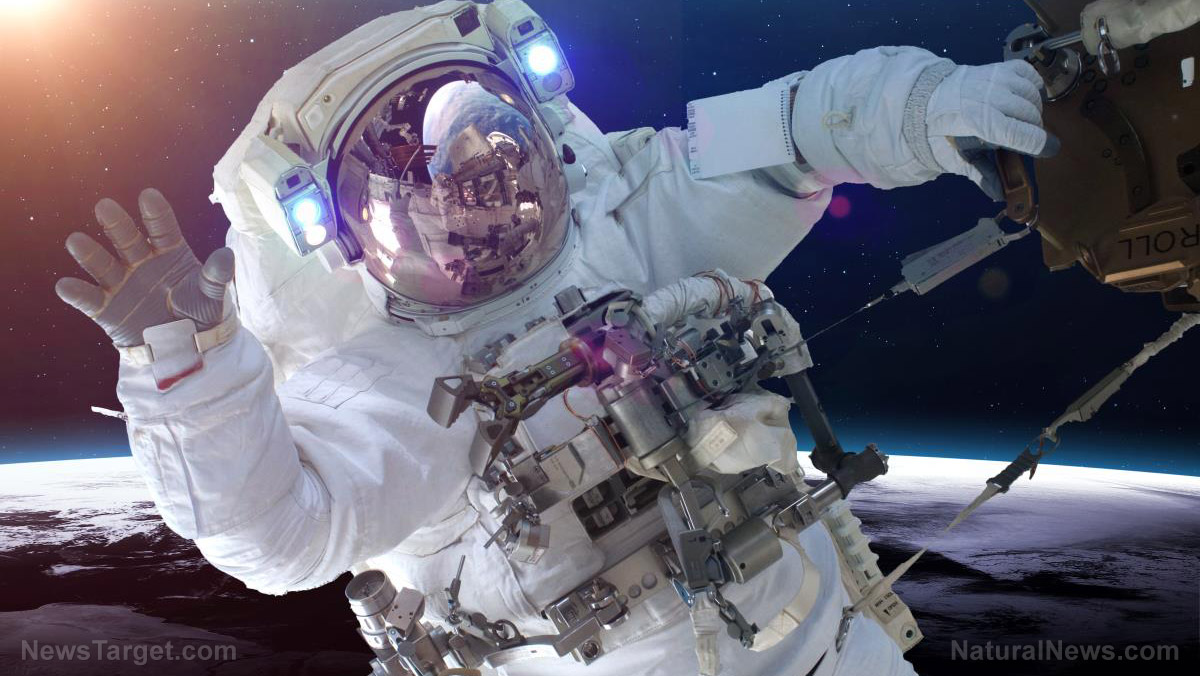
Two astronauts onboard Boeing’s Starliner spacecraft are currently stranded in space.
U.S. astronauts Sunita “Suni” Williams and Barry “Butch” Wilmore have now spent more than a month in the International Space Station (ISS) as engineers work out the problems with Starliner. The two astronauts were only supposed to be on a short test flight to the ISS.
After two trips to the launchpad that ended in scrubs because of technical difficulties, such as a helium leak in the spacecraft’s propulsion system, Wilmore, 61, and Williams, 58, finally launched onboard Starliner on June 5 for what was supposed to be an eight-day mission to the ISS.
Wilmore and Williams flew to space as the first members aboard the Starliner on a 25-hour flight to the ISS.
Williams is the pilot for the flight while Wilmore is the mission’s commander. While the spacecraft is usually autonomous, the crew used the hand controller to point and aim the spacecraft for at least two hours of free-flight demonstrations.
The two astronauts successfully docked their spacecraft, nicknamed Calypso, with the ISS on June 6. They joined a crew of seven astronauts who were already onboard.
However, an announcement from the National Aeronautics and Space Administration (NASA) revealed that Wilmore and Williams won’t be back on Earth until sometime in July at the earliest.
The pair’s return has been postponed to give engineers more time to troubleshoot two hardware problems that emerged on the spacecraft after launch. (Related: NASA’s historic Mars helicopter Ingenuity may have crash-landed, ending its three-year mission on Red Planet.)
NASA claims that the astronauts are safe even though they are “temporarily marooned” on the orbital outpost.
Leroy Chiao, a former NASA astronaut who spent more than half a year at the ISS from 2004 to 2005, suggested that Calypso’s technical issues “seem fairly minor.” Chiao added that both Wilmore and Williams can stay onboard the ISS “almost indefinitely if needed, so they are in no danger.”
Aside from the previously known helium leak, controllers discovered that the spacecraft’s propulsion system had sprung four more during Calypso’s flight to the ISS mission.
The inert gas is used to push propellant to the spacecraft’s reaction control system (RCS) thrusters, which are crucial for small, fine-tuned maneuvers. In addition, losing enough helium could render them useless.
While Calypso approached the ISS, five of its 28 RCS thrusters failed. The reasons remain unclear but are believed to be unrelated to the helium leak.
Wilmore and Williams discuss their mission in a live address from the ISS
Wilmore and Williams talked about the crew flight test mission in a live address from the ISS held on July 10.
NASA said the Starliner aircraft is now “cleared for return to Earth in case of an emergency on the space station.” The agency added that the ISS can easily accommodate an extended stay by Wilmore and Williams.
However, Calypso is not equipped for an extended stay on its first crewed flight.
Chiao explained that Calypso is only formally certified to dock at the station for 45 days. This means that unless it is recertified, Calypso “could only stay at ISS for a couple more weeks.” Eventually, the spacecraft would exceed this limit on the afternoon of July 20 if it remains docked to the ISS by that time.
But reports suggest that if this happens, several backup systems could be activated to help extend Calypso’s stay up to 72 days.
Visit Space.news for more stories about space exploration.
Watch the video below to learn more about the Starliner astronauts stuck in space.
This video is from the NancyDrewberry channel on Brighteon.com.
More related stories:
NASA and private companies to launch BUSINESS on the MOON within the next decade.
China could claim parts of the moon, NASA head warns.
Sources include:
Submit a correction >>
Tagged Under:
Barry Wilmore, Boeing, collapse, cosmic, Glitch, International Space Station, ISS, NASA, National Aeronautics and Space Administration, Space, space exploration, Spacecraft, Starliner, Sunita Williams, survival
This article may contain statements that reflect the opinion of the author
RECENT NEWS & ARTICLES
COPYRIGHT © 2017 SPACE TOURISM NEWS

